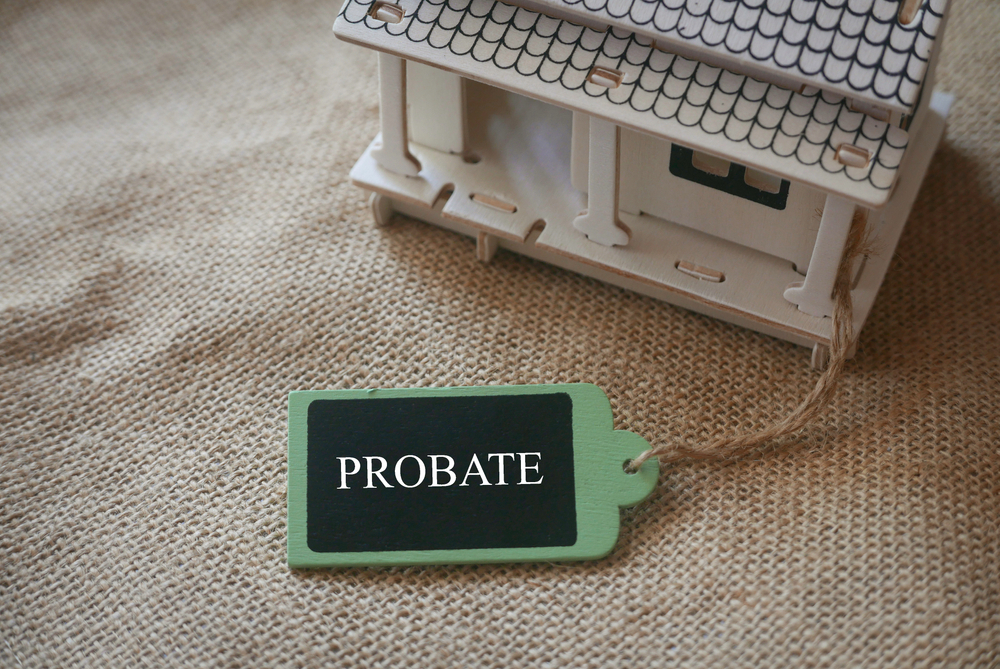How to Sell House in Probate? A probate sale can appear to be a challenging task. It’s absolutely not straightforward. It can put a family under stress, but with understanding and compassion, it can be made much simpler. It doesn’t have to be tough to sell a probate property.
When a property owner passes away, the property is sold in probate court. When an owner dies without having named an heir, the property is turned over to the courts, who subsequently appoint the closest relative as the executor to sell it. After all of the formalities for selling have been completed, the probate court will distribute the proceeds to the beneficiaries. Here in this article, we have covered How to Sell House in Probate?
What Does it Mean When the Property is in Probate?
When a property owner passes away, his or her assets must be transferred, and the property becomes subject to probate. A probate court will decide how those assets will be distributed.
Hiring a top-notch, experienced local real estate expert is the short solution to “how to sell during probate.” There’s even a certification for it: the Certified Probate Real Estate Specialist (CPRES), which can help you identify a probate real estate agent.
If you hire a CPRES-certified agent, the process will be much smoother for you. Here is a simple description of how the probate sale procedure works to make things even clearer. Keep in mind that certain states’ probate laws are much simpler, while others are far more difficult.
Appointment of an Administrator or Executor
If the decedent has named someone as executor in his or her will and that person is willing to serve, that person is appointed. If no executor has been named, the nearest relative will be named administrator, either by the court or by other relatives.
Sale of the Probate Property
First, appraise the property. You may simply discover appraisers by conducting a fast online search, or if you have already chosen a real estate agent, they will almost certainly have a referral. The house has to sell for at least 90% of its evaluated value.
The house is presently on the market and being advertised. Your agent will put the house on the multiple listing service (MLS). The buyer’s agent will be aware of the property’s status as a probate sale.
A buyer must submit an offer with a 10% deposit, which the sellers may or may not accept. The offer is subject to court approval, and even though the buyer’s offer was approved, the seller is not bound to them. The estate representative will next submit a request to the court, through their probate attorney, to ratify the transaction. If all parties agree, the sale will be formalized in court at a later date.
When an accepted offer is made on the property, all heirs receive a Notice of Proposed Action, which simply states the details of the proposed sale. The heirs have 15 days to evaluate the notice and object if they have any. If no objections are raised, the sale may be completed without the need for a judicial hearing.
The Overbidding Process For A Probate Property
The judge will inquire whether anyone in the courtroom wants to bid on the property before approving the initial buyer’s offer. The following bid must be 5% plus $500 higher than the first buyer’s offer. Additional bids will be accepted by the judge in a similar manner to an auction until the highest bid is made at the confirmation hearing. If a new buyer wins, the previous buyer will receive a refund of 10%.
When a buyer accepts an overbid, he or she must pay a 10% deposit in the form of a cashier’s check. The successful bidder presents the check to the executor at the hearing. After that, a contract is signed. There can be no contingencies in this contract, and escrow normally closes within 15 days of the hearing.






